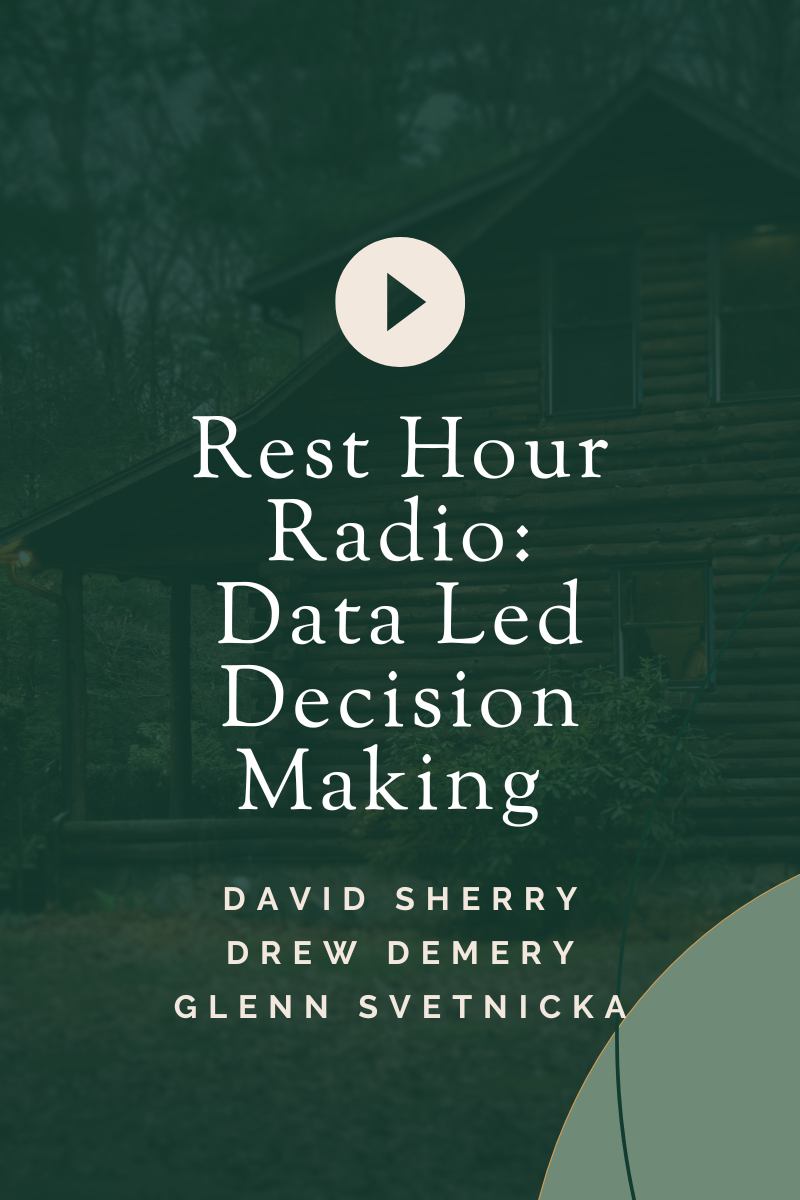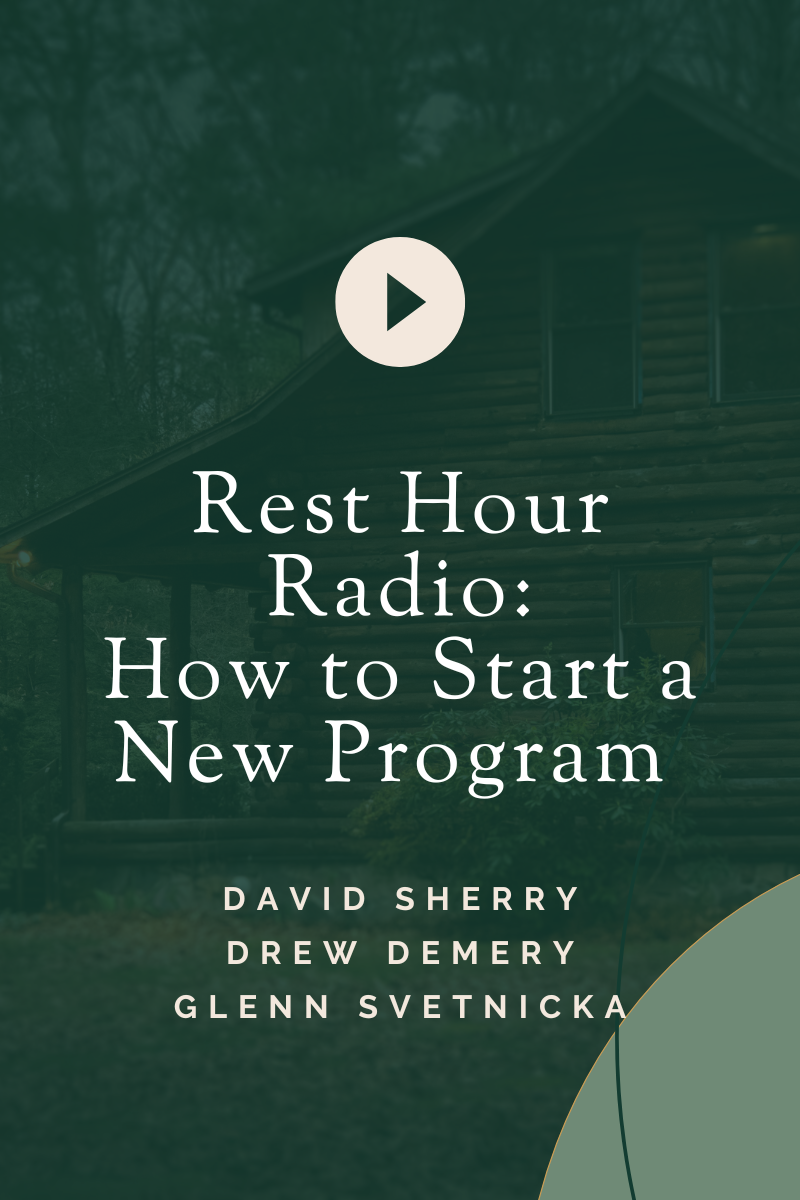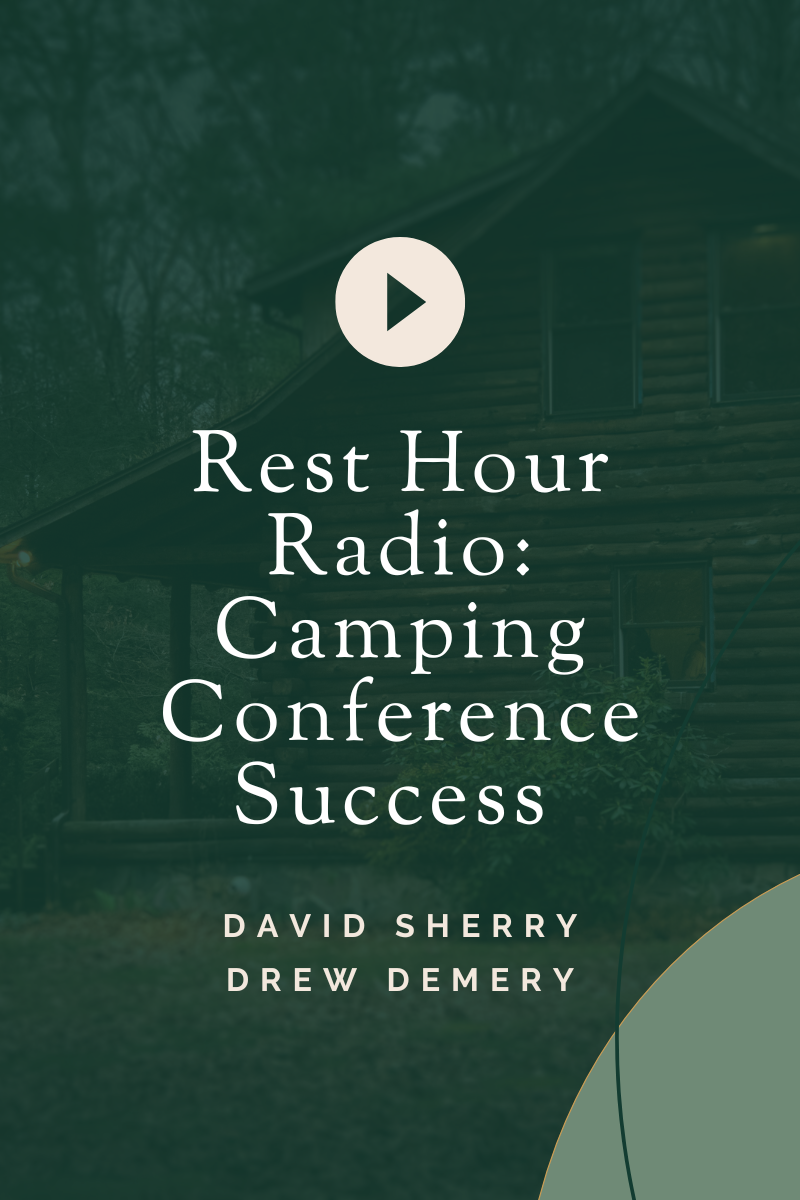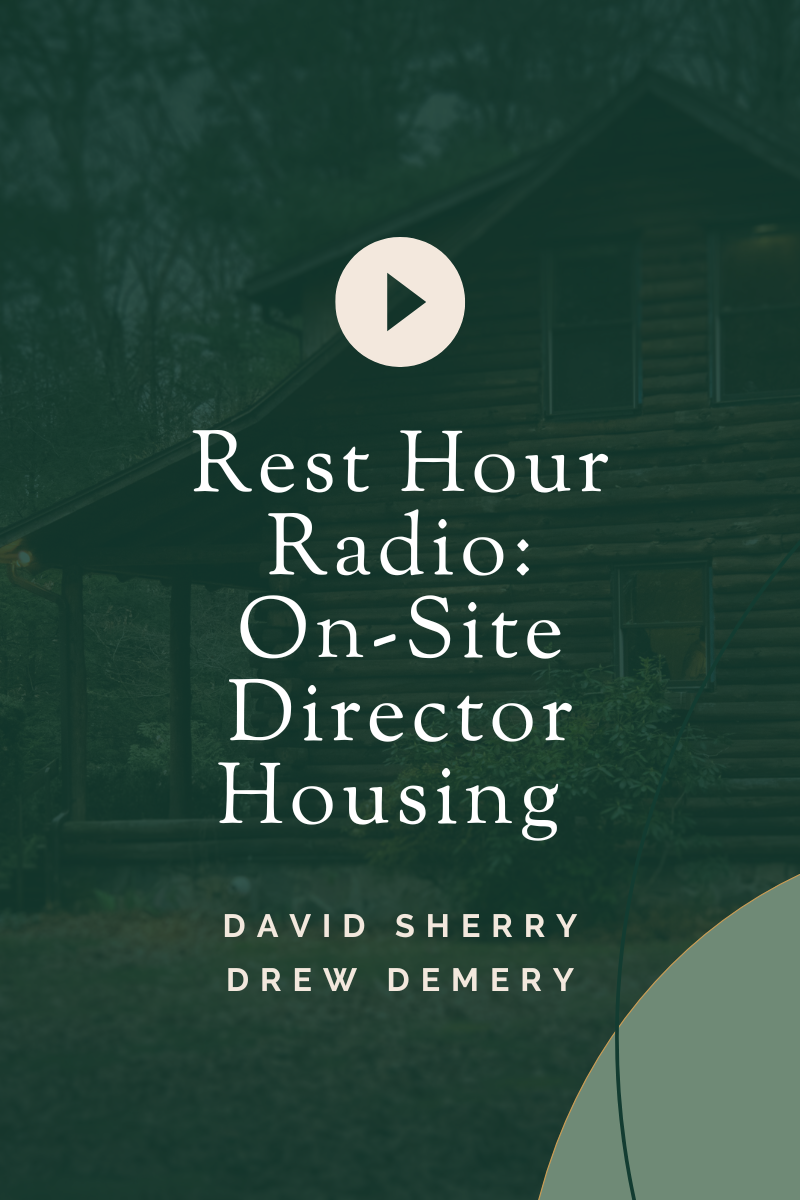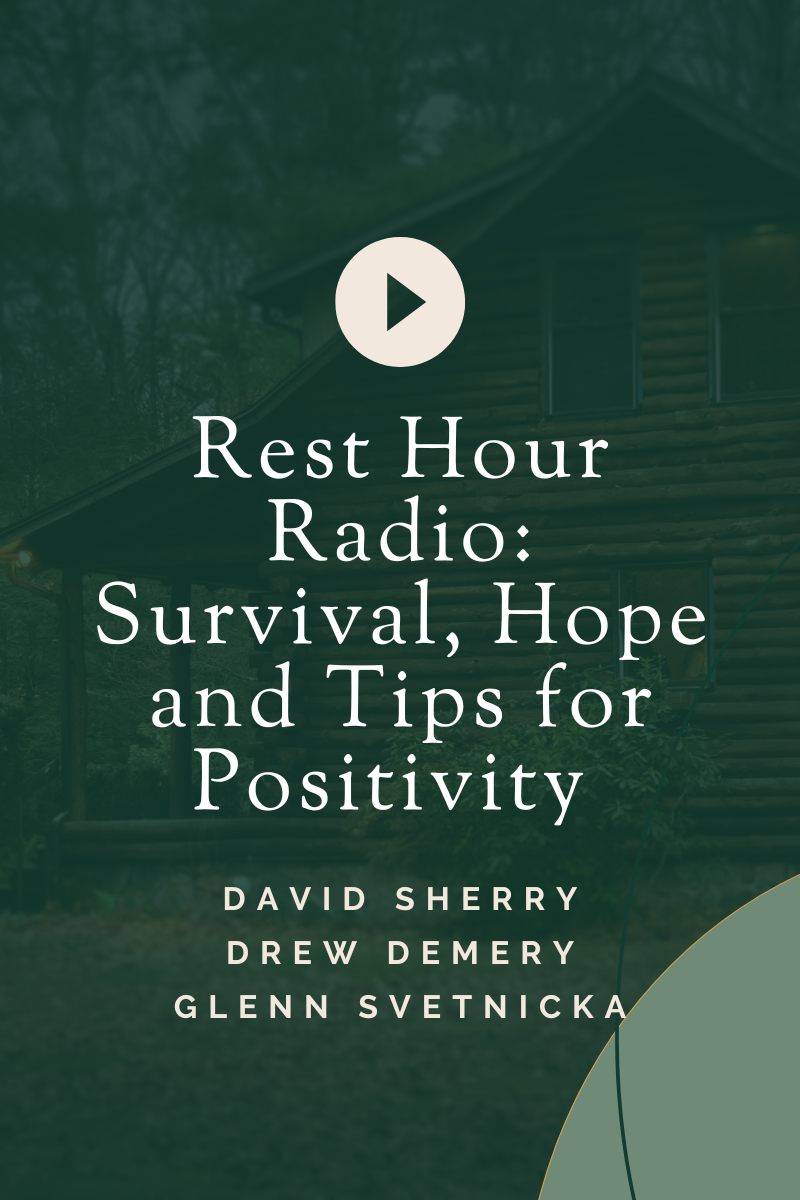Your program drives the Plan
In his article, Where Do We Start?, Dave outlined several suggestions for planning for next year’s camp season and the importance of evaluating, assessing, and reviewing your purpose and values, making adjustments where needed. As part of that review, or as an immediate follow-up to that review process, you should consider whether a property master plan would help your camp realize your goals.
There are many reasons camp organizations go through the master planning process including: updating old, outdated, and potentially unsafe buildings; providing a plan for future expansion and growth, or; addressing environmental or other site concerns such as relocating buildings out of a floodplain. If any of these situations fit your camp and you’re considering going through the master planning process, there are several things to consider. I’d like to share a few of these, here.
Your program drives the plan. As do your mission, purpose, and values. The master planning process must begin with a detailed and thoughtful review of these factors to ensure that all proposed buildings, structures, and program areas will support your program, mission, purpose, and values. For example, if environmental stewardship and ecological practices are a core value, a go-kart track will likely lead to future challenges and unintended conflicts. The Landscape Architect or camp planner you work with should translate your specific requirements into a written document, sometimes called a ‘design program’ or ‘client’s program’ that serves as a reference throughout the planning process.
The master plan should align your design program with your property and its unique characteristics. The aim is to fit your program sensitively onto the landscape. No two camp properties are alike, so a ‘one-size-fits-all’ master plan doesn’t work and can lead to circulation, environmental, or other program or site concerns down the line. It’s critical to include a site inventory and analysis early in the process to identify the most suitable locations for your design program elements. You don’t want to site a dining hall in a location with a fantastic view, if it creates stormwater runoff, erosion, or other problems to adjacent areas (including your neighbor’s property).
Master planning should be an engaged process. A great master plan sensitively aligns your design program with the unique characteristics of your property, taking into consideration your camp’s and your organization’s values, culture, and traditions. No one knows your site, program, or culture better than you. It’s critical that the process engages you and your camp staff, leadership, campers, parents, and alumni at the planning table. Your Landscape Architect or planner can help facilitate these discussions, to ensure the process builds on and enhances your camp’s traditions and your campers’ experiences.
These are just a few suggestions to consider if you’re planning to work through a master planning process. Later, we’ll discuss approaches to master planning development and implementation.
~ Tom Neppl, PLA
The Sherry Group Team Member

